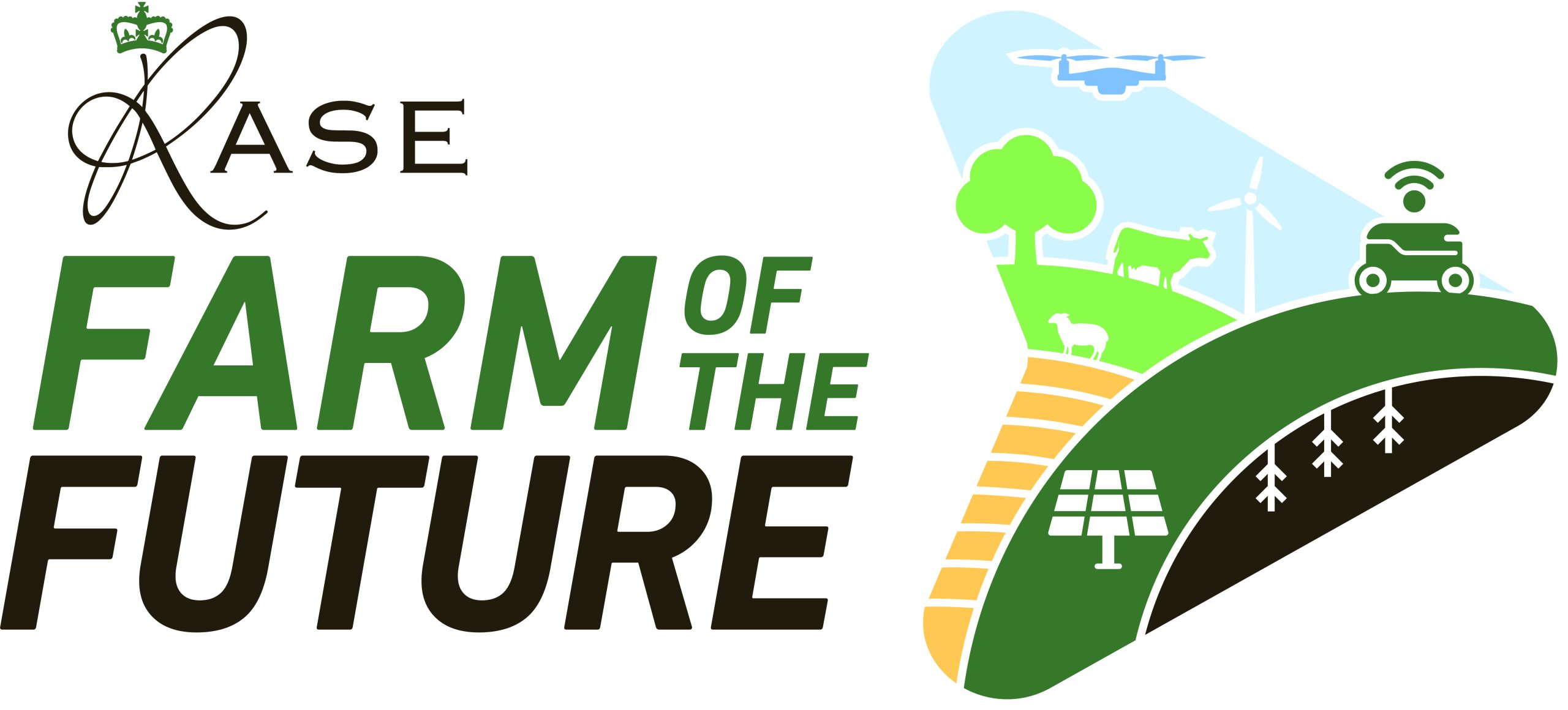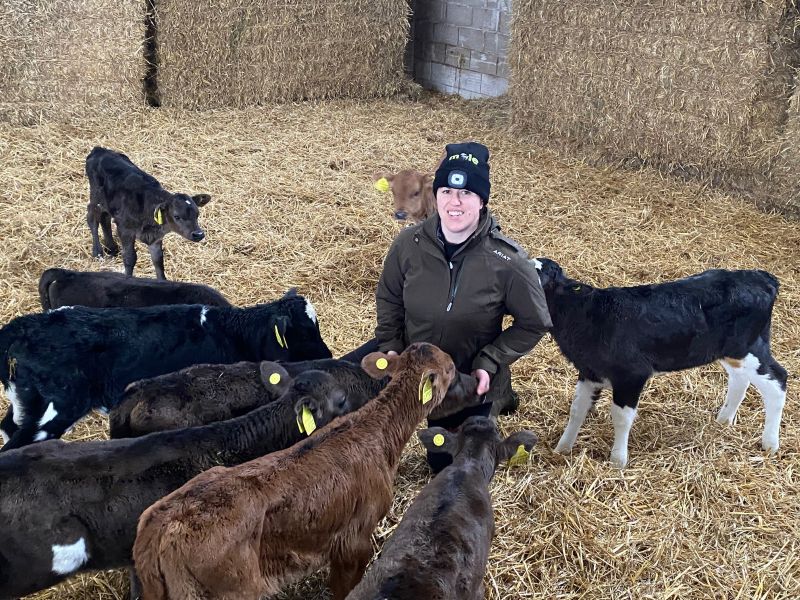Up to 36% of people working in agriculture are neurodivergent, compared to 15–20% of the general population. In the second episode of Solving Staffing in Ag, host Iory Hughes speaks with dairy farmer Liz Haines, who focused her Nuffield Scholarship on neurodiversity and is working with Farmers Weekly on their Level the Field campaign.
During the episode, they discuss everything from what neurodiversity is, through to how farms can recruit skilled people in a way that is inclusive to neurodiverse individuals.
What is neurodiversity?
Coined in the 1990s, neurodiversity is an umbrella term describing the different ways brains work. It reframes conditions such as dyslexia, dyspraxia, ADHD and autism—not as deficits to be “fixed” but as natural variation.
For individuals, being neurodivergent can bring both strengths and challenges.
Neurodiversity in farming
Agriculture is not alone in having a high prevalence of neurodiversity, there are examples of other industries such as construction where this is also the case.
Speaking in the podcast, Liz reflects that farming can suit different ways of thinking and skills that are often associated with neurodivergence. As an industry, farming attracts people who do not want to sit in an office, people who have an affinity for working with animals and outdoors, and people who are fantastic problem solvers.
But equally, there are challenges that come with neurodiversity. As farming has evolved, there have been increasing burdens of regulation and compliance paperwork that probably weren’t there 50 years ago, which for some, will be where support is needed.
Breaking stigma around neurodiversity
Speaking in the podcast, Liz stresses the importance of talking about neurodiversity and understanding what it means for individuals, rather than hiding or feeling embarrassed about it. She advocates for recognising each person’s needs and preferences, rather than focusing on labels or diagnoses. She also highlights that neurodivergent traits are not character flaws, but natural differences in how people are “wired,” which can bring strengths to farm teams.
Creating a psychologically safe environment
Liz notes that creating a psychologically safe environment starts with leadership. When managers share their own experiences, others feel more comfortable doing the same.
Practical steps include:
- Clear communication and well-documented processes.
- Using tools like visual schedules or phone reminders to help people manage tasks.
- Matching the level of process to team size (larger teams need more structure).
Skills-based farm recruitment
With recruitment, Liz highlights the tendency to think it is necessary to hire people who already have experience, or even to think that people from a farming background are going to be best for the job. However, it is all about skills.
Interviewing also presents an issue. Job interviews are a social skills test, but not a good predictor of if someone is going to be good at the job. To recruit the right people, Liz recommends identifying the skills needed then designing a process which selects based on those skills.
Neurodiversity in farming is still a new conversation. But by breaking down stigma, sharing positive examples, and making small changes in recruitment and workplace culture, farms can create environments where everyone can thrive. To hear more from Liz, listen to the full episode here, or search RASE Farm of the Future wherever you get your podcasts.

